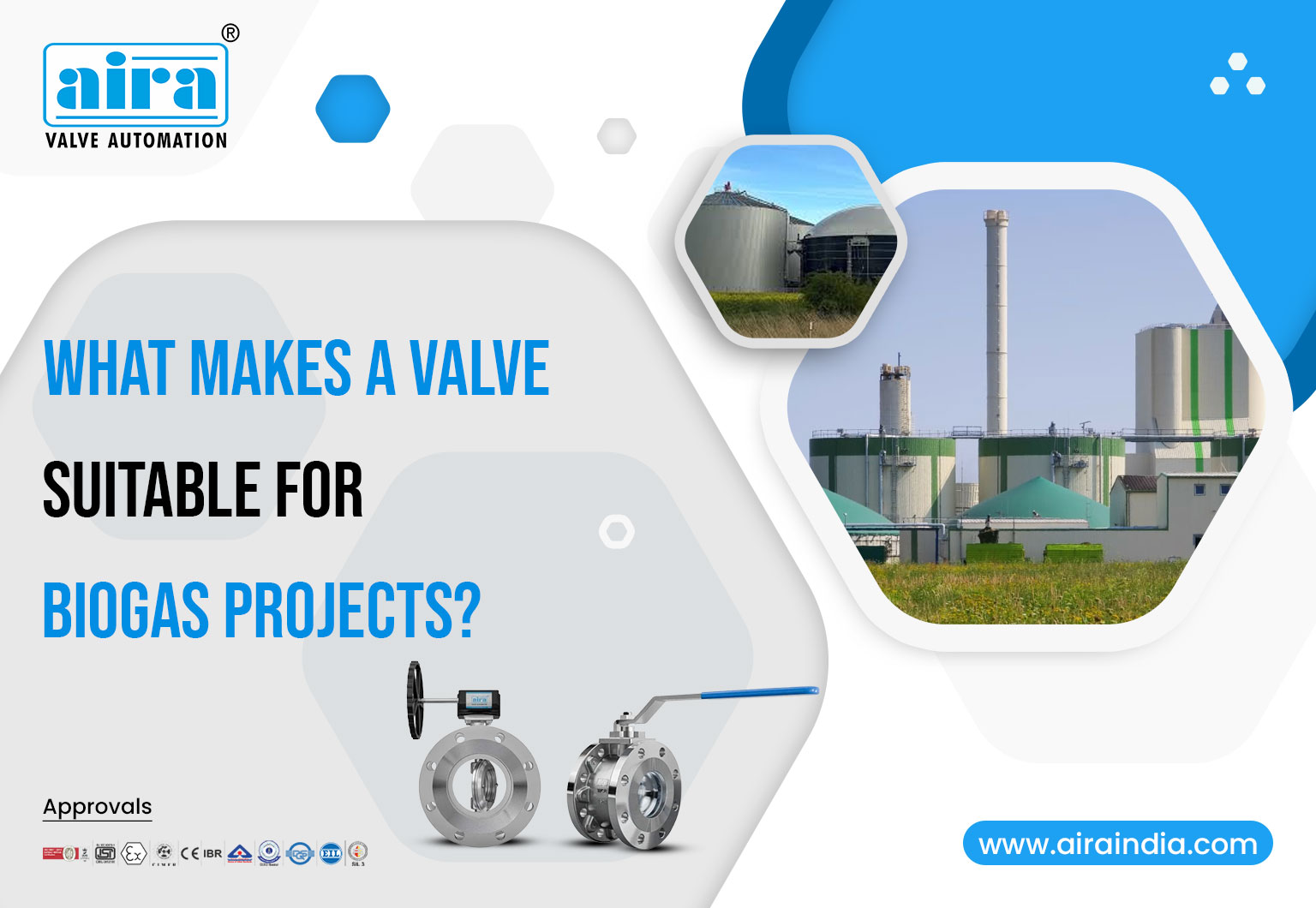Biogas is revolutionizing the energy industry with its clean, renewable, and sustainable promise. But behind every successful biogas plant is a network of well-manufactured components, and industrial valves play a critical role in the safety, efficiency, and long-term reliability of these systems.
When working with complex biogas processes that involve fluctuating pressures, corrosive gases, and varying flow rates, not just any valve will do. The valve must be purpose-built to withstand the unique challenges of biogas environments. So, what makes a valve suitable for biogas projects? Let’s explore.
Introduction to Biogas and Its Challenges
Biogas is produced through anaerobic digestion of organic matter such as agricultural waste, sewage, food waste, and manure. The resulting gas, primarily methane (CH₄) and carbon dioxide (CO₂), can be used to generate electricity, heat, or even refined into biomethane for vehicle fuel.
However, biogas production isn’t a walk in the park. It involves:
- Corrosive gases (like H₂S and CO₂)
- Variable pressure and temperature conditions
- Moisture and particulates
- Demanding environmental safety norms
These factors demand that every component, especially valves, be engineered for resilience, safety, and operational precision.
Role of Valves in Biogas Applications
Valves control the flow, direction, and pressure of biogas across different stages from digester tanks to purification units, storage, and power generation systems. A malfunctioning valve can lead to leakages, pressure loss, safety hazards, and operational shutdowns.
In biogas projects, valves are used in
- Digesters
- Gas purification systems
- Gas storage units
- Flare systems
- Pipelines for fuel delivery
That’s why choosing the right valve is not just about performance, it’s about ensuring safety, sustainability, and regulatory compliance.
Key Features of Biogas-Compatible Valves
For a valve to be truly effective in biogas projects, it must tick several boxes:
Corrosion Resistance
Biogas contains hydrogen sulfide (H₂S) and carbon dioxide, which are highly corrosive. Valves must be made from or coated with materials that resist chemical wear.
Gas Tightness
Preventing gas leaks is crucial. Valves must ensure bubble-tight sealing, especially when used in safety-critical applications like gas storage or flaring.
Pressure & Temperature Handling
Biogas systems experience fluctuating pressures and temperatures. Valves must operate reliably across a wide range of pressure and temperature variations.
Easy Automation
Automated control is a staple of modern biogas plants· Valves should be compatible with actuators for remote operation, monitoring, and safety protocols.
Low Maintenance
Valves should offer long service life with minimal downtime, especially in remote or high-capacity biogas facilities.
Valve Types Best Suited for Biogas Plants
Here are the most commonly used valve types in biogas applications, each offering distinct advantages:
Ball Valves
- Ball Valve Ideal for on/off control
- Provide a tight shutoff
- Available in corrosion-resistant materials
- Compact and reliable for biogas pipelines
Butterfly Valves
- Excellent for large diameter pipes
- Lightweight and cost-effective
- Suitable for moderate pressure applications
- Easy to automate with electric or pneumatic actuators
Knife Gate Valves
- Perfect for slurry-heavy or solid-laden biogas substrates
- Self-cleaning gate design
- Ensures minimal clogging
Control Valves
- Precise flow regulation
- Vital for gas flow optimization in purification and injection systems
- Compatible with digital process control systems
Safety Relief Valves
- Protect systems from overpressure
- Automatically vent gas if unsafe pressure levels are reached
- Critical for operator and equipment safety
Material Considerations in Biogas Valve Design
The materials used in valve construction play a pivotal role in durability and corrosion resistance. For biogas, preferred materials include:
- Stainless Steel (SS 304/316): Highly corrosion-resistant, durable, and easy to clean
- PTFE and EPDM Seals: Excellent sealing under fluctuating conditions
- Special Alloys (Hastelloy, Monel): Used in high-corrosion zones
- Coated Carbon Steel: An economical choice with anti-corrosive coatings
Aira Euro Automation ensures every valve is made from certified, high-grade materials, built for biogas resilience.
Certifications and Standards to Look For:
To ensure operational and environmental compliance, always check for:
- ISO 9001: Quality management system certification
- ATEX Certification: For equipment used in explosive atmospheres
- PED Compliance (Pressure Equipment Directive): For pressure-bearing components
- EN and ASME Standards: For dimensional and material conformity
Aira Euro Automation manufactures valves adhering to international standards, ensuring reliability, safety, and regulatory compliance.
Also, check out How to Choose the Right Valve for Pharmaceutical Applications
Why Choose Aira Euro Automation for Biogas Valves?
Aira Euro Automation is India’s leading industrial valve manufacturer, with a legacy of serving critical sectors including biogas, renewable energy, oil & gas, and wastewater management.
Here’s why Aira is a trusted name in the biogas industry:
Decades of Experience:
With over 3 decades of engineering excellence, Aira understands the unique demands of biogas infrastructure.
Custom-Engineered Solutions:
Whether it’s a high-torque butterfly valve or an automated ball valve with pneumatic actuator, Aira tailors solutions for project-specific requirements.
Extensive Product Range:
From manual to actuated valves, Aira offers a comprehensive portfolio to power every stage of the biogas lifecycle.
Proven Performance:
Thousands of installations across India and abroad testify to Aira’s valve performance, reliability, and longevity.
Conclusion
The biogas industry is not just about turning waste into energy. it’s about building a cleaner, safer, and more sustainable future. And every future-proof biogas plant needs the right valves to run safely and efficiently.
So, what makes a valve suitable for biogas projects? It’s a perfect blend of material integrity, corrosion resistance, precise flow control, automation capability, and compliance with stringent safety norms.
If you’re planning a new biogas plant or upgrading an existing one, Aira Euro Automation is your go-to partner for high-quality, reliable, and cost-effective valve solutions. Backed by innovation, trust, and engineering excellence, Aira ensures your green energy goals are met with precision and performance.
